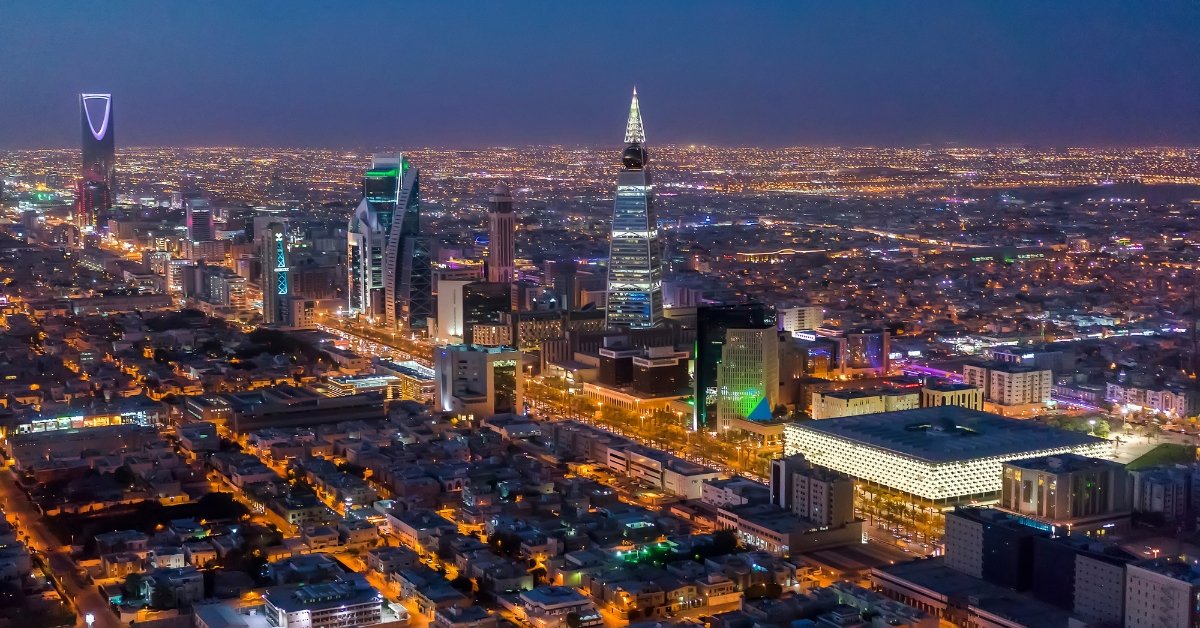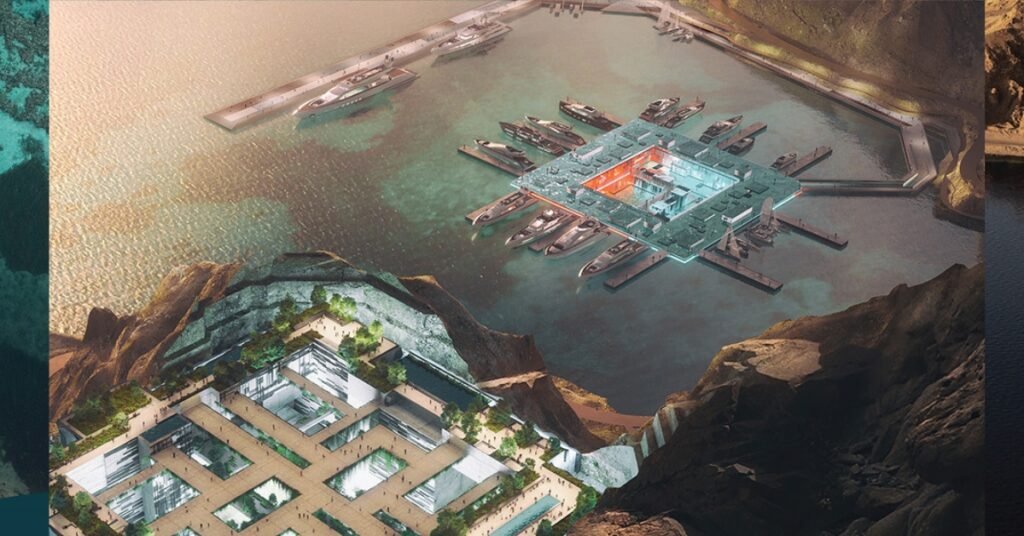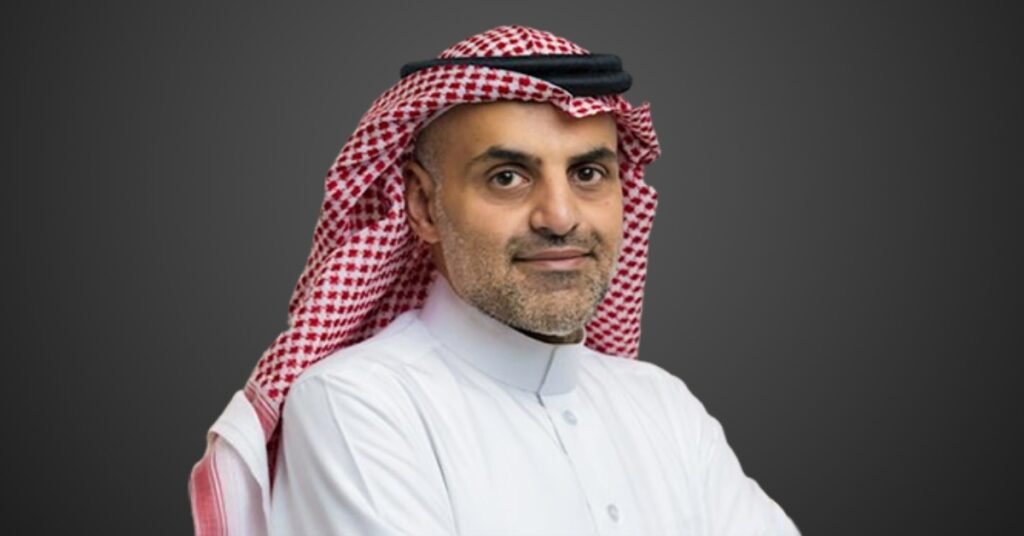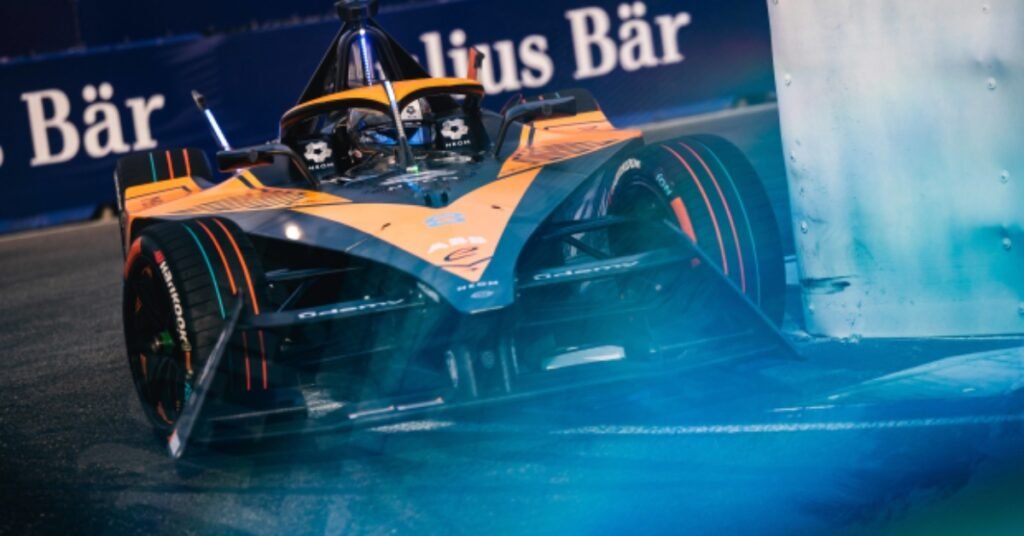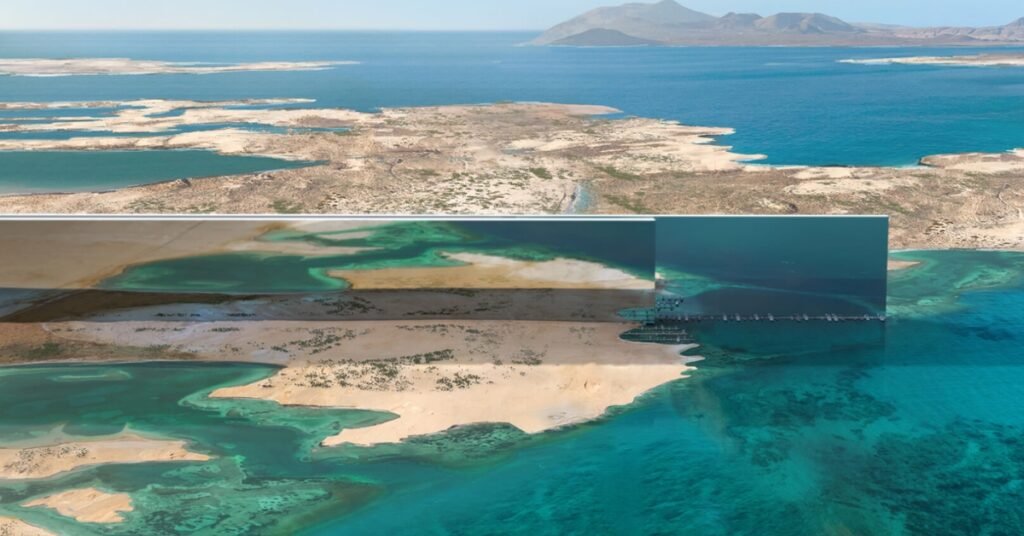Saudi Arabia’s 2034 FIFA World Cup bid showcases ambitious stadium projects, scoring higher than the 2026 North American bid, reflecting Vision 2030 goals.
Table of Contents
Saudi Arabia has emerged as a frontrunner for hosting the 2034 FIFA World Cup, receiving a higher technical score from FIFA than the joint bid from the United States, Canada, and Mexico for the 2026 tournament.
According to FIFA’s bid evaluation report, Saudi Arabia’s proposal received an overall score of 4.2 out of 5, highlighting the Kingdom’s ambitious plans to establish itself as a global sporting hub.
The bid focuses on constructing eight new stadiums, including the impressive 92,760-seater King Salman International Stadium in Riyadh.
Although these stadiums are not expected to be completed until 2032, three are scheduled to be ready for the Asian Cup in January 2027.
The ambitious infrastructure is central to Saudi Arabia’s Vision 2030 initiative, which aims to diversify its economy and reduce its reliance on oil.
Among the standout projects are the Prince Mohammed bin Salman Stadium, located within the Qiddiya development, and the NEOM Stadium in the futuristic ‘The Line’ development.
These unique stadium concepts reflect Saudi Arabia’s goal of providing a one-of-a-kind experience for football fans by integrating state-of-the-art facilities into groundbreaking urban developments.
However, FIFA’s evaluation also acknowledged the challenges associated with these projects.
The proposed stadiums’ unique locations and designs require reimagining operational logistics, leading to a medium risk for Saudi Arabia’s bid.
FIFA emphasized that delivering on these ambitious projects would require close monitoring to ensure timely completion.
NEOM and Vision 2030
The proposed NEOM Stadium is part of Saudi Arabia’s broader Vision 2030 initiative, spearheaded by Crown Prince Mohammed bin Salman.
NEOM is an urban and industrial mega-development along the Red Sea, intended to house nearly nine million people and cover an almost as large as Belgium.
The development represents Saudi Arabia’s commitment to modernizing its economy and establishing itself as a leader in innovation and sustainability.
FIFA pointed out that some of these projects have faced cost-related challenges, resulting in the scaling back of certain elements, such as ‘The Line,’ a linear city stretching 170 kilometers into the desert.
Despite these challenges, Saudi Arabia remains committed to realizing its vision, with FIFA stressing the importance of closely supporting these projects from initiation to completion.
Commitment to Football and Future Goals
As the FIFA Congress vote for the 2034 World Cup approaches, Saudi Arabia remains the sole bidder for the tournament.
Prince Abdulaziz bin Turki Al Faisal, the Kingdom’s Minister of Sports, expressed confidence in the bid, noting that the high technical score reflects the nation’s dedication to growing the game of football and its ongoing transformation.
“It is the result of our extensive efforts to present an exceptional bid,” said Prince Al-Faisal. “This achievement is a testament to the collaboration between multiple entities across the Kingdom.”
While Saudi Arabia’s bid did not specify an exact timing for the World Cup, FIFA indicated that they would work with stakeholders to determine the best schedule for the tournament.
Given the desert climate, the 2034 World Cup could be held in winter, similar to the 2022 tournament in Qatar.
Human Rights Commitments
In response to concerns raised by Amnesty International and the Sport & Rights Alliance (SRA), Saudi Arabia has pledged to uphold internationally recognized human rights.
These commitments include protections for the labor rights of migrant workers, safety and security, gender equality, non-discrimination, and freedom of expression.
FIFA’s report noted these commitments as essential to ensuring a successful and inclusive tournament.
A Vision for the Future of Football
Saudi Arabia’s bid for the 2034 World Cup reflects its broader ambition to position itself as a leader in global sports.
Integrating futuristic stadiums into groundbreaking developments like Qiddiya and NEOM promises a unique and transformative tournament for fans worldwide.
However, achieving this vision will require meticulous planning, substantial investment, and a commitment to sustainable development.
With the FIFA Congress set to vote soon, the world will watch closely as Saudi Arabia aims to bring the World Cup back to the Middle East.
The Kingdom’s determination and ambitious plans could pave the way for a genuinely unforgettable World Cup experience.
